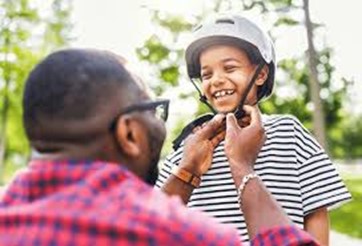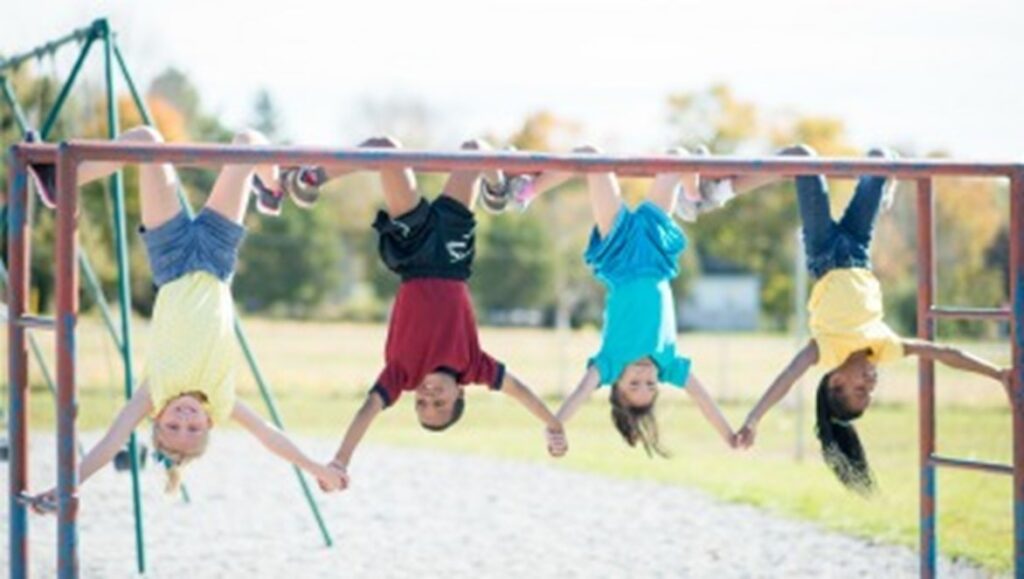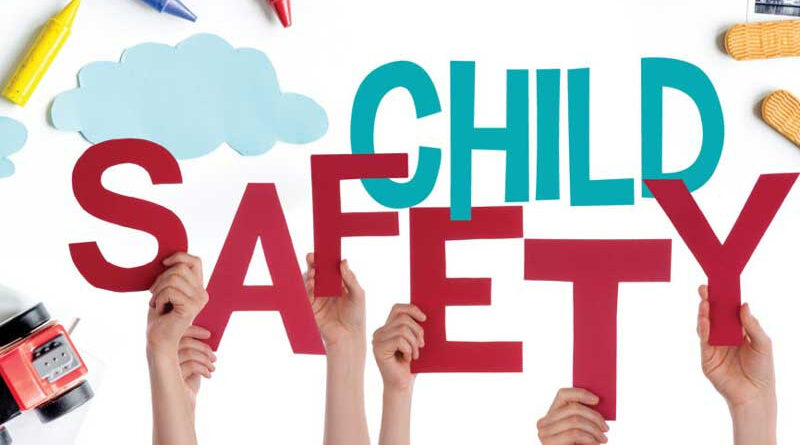Child Safety Awareness
As the weather gets warmer and there are more people outdoors and vehicles on the road, NYCHA’s Environmental Health and Safety Department (EHS) would like to provide the following tips so you and your family can safely enjoy bicycling, swimming, and playtime this summer.
Cycling safety tips for a better ride
Bicycle helmet laws mandate that children use helmets while they are riding bicycles to reduce the likelihood of head trauma. The National Highway Traffic Safety Administration suggests referencing this website for information on purchasing the proper helmet.
Before their children go biking, parents/guardians should:
- Adjust the bike seat to the proper height and lock it in place.
- Check that the tires are inflated properly.
- Make sure the bike is equipped with reflectors on the rear, front, pedals, and spokes.
- Ensure the bike is the proper size.
- Ensure the bike, including the brakes, works properly.
- Provide your child with equipment that’s visible to others: helmet, bight clothing, reflective gear, a white front light.
- Teach your children to ride one per seat, with both hands on the handlebars (unless signaling a turn).
- Have children tie and tuck their shoelaces and pants legs so they don’t get caught in the bike chain.
- Remind children to be aware of surroundings and follow all applicable traffic rules when cycling.

Water Safety Tips
Everyone loves to beat the heat by taking a swim. However, there are some risks regarding young children when swimming. Drowning can happen in seconds, is often silent, and it can occur in pools, kiddie pools, the ocean, lakes, bathtubs, spas, and water-filled buckets.
- Supervise children: Always watch children in or near water (no matter how well the child can swim or how shallow the water); never leave them unattended.
- Learn to swim: Teach children how to swim.
- Know your drains: Teach children to stay from drains.
- Ensure compliance: Ensure all pools and spas have complaint drain covers.
- Get certified: Know how to perform CPR on children and adults. You can contact the local American Red Cross in your community for classes.
- Swim in designated areas supervised by lifeguards; do not swim alone.
- Don’t dive in shallow water.
- Have children wear US Coast Guard-approved life jackets.
- Don’t rely solely on the use of flotation toys like floaties/water wings – they might come off.
- When in a group setting, designate a “water watcher” who is 16 years or older, knows CPR, and can call 911 if necessary.
Be aware of playground hazards
When choosing a playground, it should be geared toward your child’s age, by matching their abilities, developmental level, and size. It’s critical that parents and guardians report any potential hazards at the local playground. Here are some reminders on how to protect children from playground injuries:
- Improper ground surfaces: Surfaces around playground equipment should have at least 12 inches of wood chips, mulch, sand, or mats of safety-tested rubber material. They should be free of exposed concrete footings, rocks, or tree stumps.
- Overcrowded play areas: The area under and around play equipment should be a minimum of 6 feet in all directions. Structures more than 30 inches high should be at least 9 feet apart.
- Unprotected elevated areas: Platforms higher than 30 inches should have guardrails or barriers.
- Head entrapment spaces: Openings between rails, bars, or rungs should be less than 3 ½ inches or more than 9 inches.
- Sharp points and edges: Playground equipment should be free of protruding bolt ends, S hooks, and other points and edges.
- Swings: Make sure there is adequate cleared distance in front of and behind a swing; walls or fences should be at least 6 feet away from a swing. Swing seats should be made of soft materials.
- Discourage children from swinging on their stomachs or jumping off.
- Adult supervision is the best way to prevent injuries.

How can a resident report a hazardous NYCHA playground?
NYCHA residents should report any defective playground equipment to their property management office or to the Customer Contact Center (CCC) at 718-707-7771.
If you have questions about this or any environmental health and safety matter, please email ehs@nycha.nyc.gov. Residents, employees, and any member of the public can submit environmental health and safety concerns at on.nyc.gov/submit-concern.
For more information, please visit these resources on child safety:

